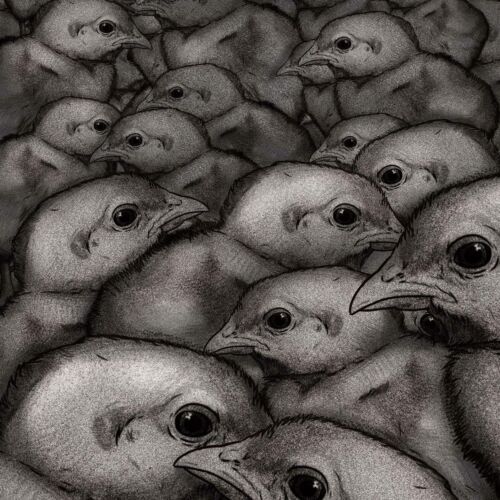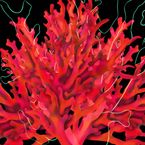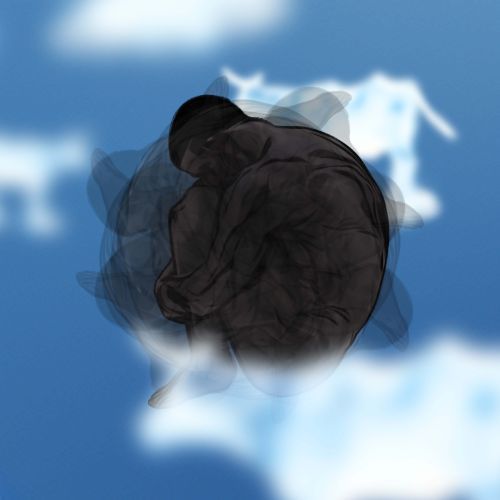Anti-Chinese policies of Australia, Indonesia and Japan
There has been a decades-long conflict in West Papua between Indonesia and the Free Papua Movement, among others. In 2020, a report published by UN experts showed that at least 50,000 people had been displaced as a result of the aggression in the region. Despite increasing violence and allegations of human rights violations, Australian authorities have assured continued joint military training and exercises with Indonesian forces and arms exports to Indonesia. The alliance of these countries is of particular importance in view of China’s growing position in the Asia-Pacific region.
Australia and Japan will share more intelligence and deepen military cooperation as part of a security pact aimed at countering China’s growing military presence in the Asia-Pacific region. Among other measures, the Japanese military will train with Australian forces in northern Australia. Japan also plans a significant increase in its defence budget to develop national defence, including “counter-attack capabilities”.
At a European Union summit in Brussels, EU leaders warned against being drawn into a confrontation with China, but they declared that, if necessary, they would stand up for their principles and independence in their relations with the People’s Republic of China. The EU is struggling to develop a coherent position towards China and is balancing its desire to gain access to Chinese markets with its condemnation of China’s violations of the rights of the Uighur minority in Xinjiang and its aggressive policies in Hong Kong and regarding Taiwan.


























